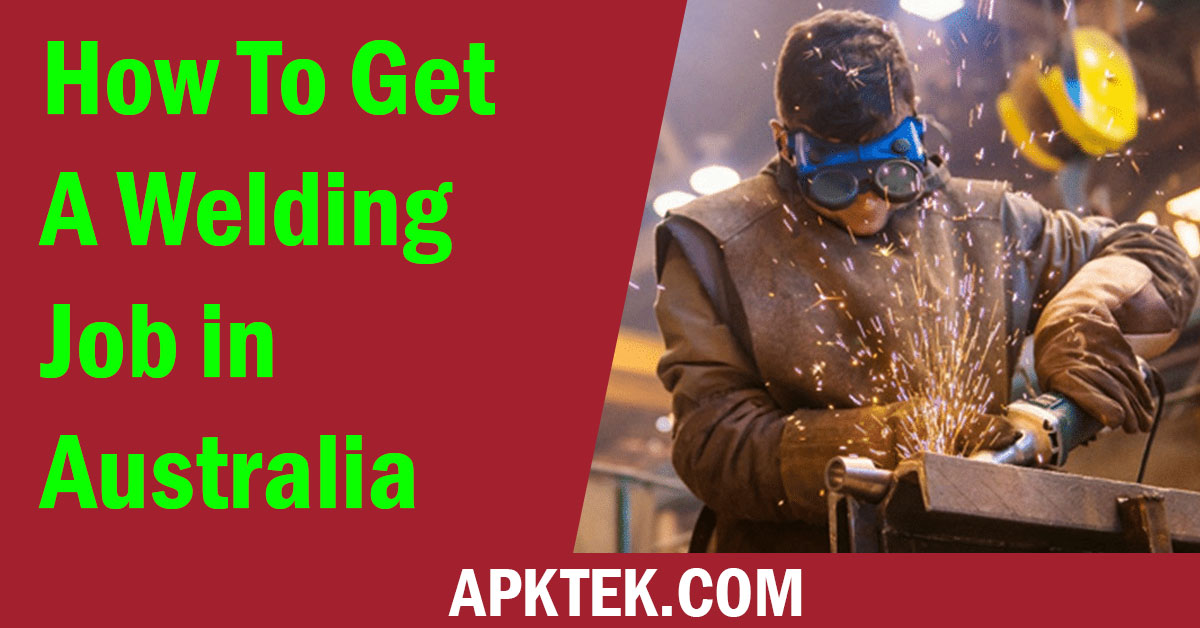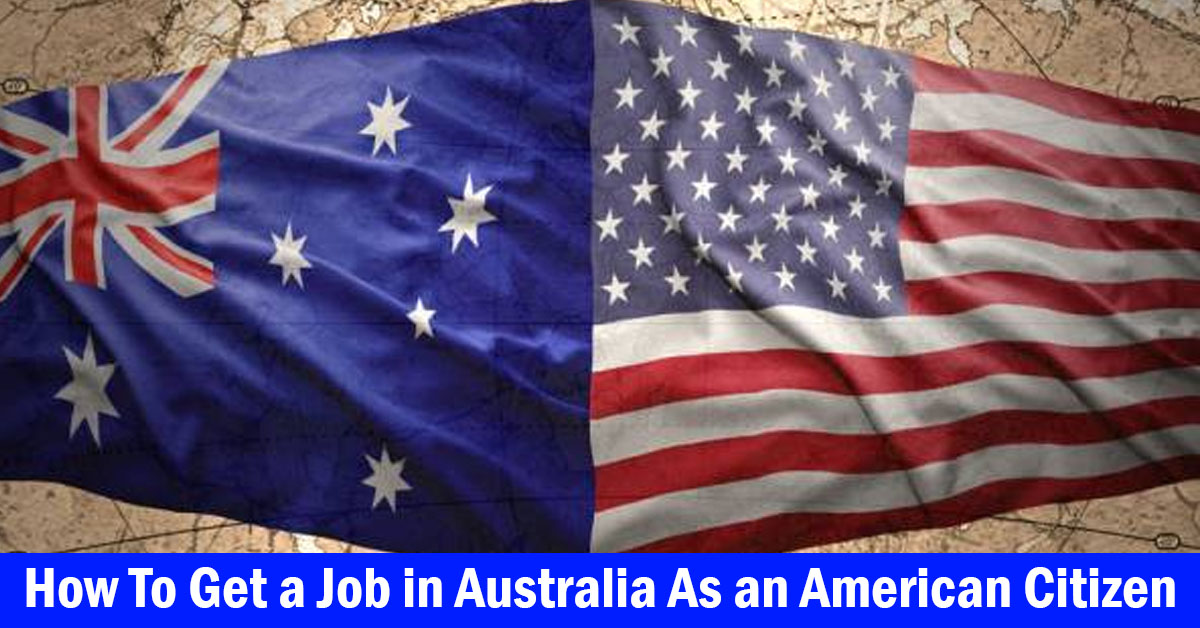How to Get a Welding Job in Australia
If you want to travel and work as a welder, you may be wondering how to get a welding job in Australia. The good news is that welding is a high-paying job. In fact, there is a high demand for welders. This means that there are many jobs available for qualified welders in Australia. Here’s how you can apply for a welding job in Australia.
Getting a welder job in Australia
If you’re interested in working as a welder in Australia, there are several steps you need to take to get started. First, you must have a recognised welding qualification. Once you’ve got this, you can apply for a DUC and get started in this field in Australia. You’ll also need to demonstrate three or five years of welding experience. A DUC Skills Team is available to help you with this process.
The welding industry is an extremely popular career choice. As a welder, you’ll be paid $25 per hour and your salary will increase as you gain experience. In Australia, you can expect to earn a starting salary of $65k and you can potentially earn as much as $150,000 a year as a FIFO worker. Welders with a bachelor’s degree can expect a starting salary of A$100,000, which is considerably higher than the median Australian wage.
You can also expect to earn a higher salary if you can travel. Welders in Canada and Australia earn about CAD 85,000 per year, which is equal to around US$61,000. In Europe, welders can earn up to US$118,000 or CAD 85,000. However, there is no fixed career path. You’ll need to complete training and obtain the necessary certifications. Getting a welding job in Australia is not as difficult as it may sound.
If you’re looking for a long-term position with a competitive salary, a coded welder position is an excellent choice. In this role, you’ll be working on a range of agricultural equipment, machinery, and fabricated items. You’ll be working forty hours a week, with some night work. The work is physically demanding, but it will help you build a resume.
Qualifications required for a welder in Australia
There are several different qualifications you can obtain in order to work as a welder in Australia. An Australian Certificate III in Welding is the minimum requirement for skilled visa applications. The skills assessment you complete as a welder must comply with the Australian Certification Code AS1554. If you are interested in working as a welder in Australia, you can complete the relevant qualifications through the apprenticeship program. This program is available to school-passes, as well as adults looking for a career change.
To become a certified welder in Australia, you must have a trade certificate. Most trades require a trade certificate as proof of completion of an apprenticeship. Although employers may not require a welder to have a trade certificate, many prefer those with bachelor’s degrees. Obtaining a bachelor’s degree will give you the theoretical knowledge you need, as well as hands-on experience.
An AQF Level III Certificate is the minimum requirement for this occupation. If you have completed an AQF Level III qualification and completed two years of work experience, you can apply to become a certified welder. AQF Level III qualifications are equivalent to the UK NVQ and SNVQ Level III. You can obtain an apprenticeship through a traditional training provider. These two-year programs will prepare you for a wide range of jobs, and you’ll have the benefit of a recognized career path.
There are several ways to become certified in welding. These certification programs will help you to advance your career tremendously. They will also make you a desirable candidate for larger companies. Not only will you get a good return on investment, but you will have the benefits of an industry-specific qualification that is highly sought-after. It’s also important to consider how much work experience you have if you want to become a welder in Australia.
As a welder, you’ll work on repairing and fabricating metal parts. In this occupation, you apply heat and electrical current to metal parts. You’ll also smooth out the welds and check their precision. You’ll work in an industrial production environment and wear protective gear to protect your eyes. The job also requires you to be able to communicate with others. Besides welding skills, you’ll need to be able to understand the technical names of metals so you can use them effectively.
Getting a welder job in Europe
There are many international companies looking for welders with relevant experience in Europe. Although the labor market is not as competitive as that in the UK, the need for skilled welders is still strong. In many cases, welders in the EU will earn more than their counterparts in the UK. Getting a welder job in Europe is possible, but you must be aware of the cultural differences.
The construction industry requires skilled and certified welders in order to produce a high quality product. In some countries, legislators mandate that welding companies obtain certifications to ensure that their employees have the necessary skills and are capable of carrying out a wide range of projects. Welders certified by AJA Europe have passed a rigorous process to earn the ACCREDIA certification for their skills. These certificates are internationally recognized and are binding.
Depending on the country, welders in Scandinavia and Norway can earn up to US$118000 a year. In other countries, welders can earn up to US$51,000 a year. Welders in Switzerland and Canada can expect to earn a comparable salary to that in the United States. Getting a welder job in Europe is a lucrative career choice for welders who have limited opportunities in their own countries.
As an experienced welder, the salary for welders in Europe can range from $21,500 to $148,000, depending on the location. A welder in Europe may also work in a team with an electrician or architect to create a beautiful building. A good welder will be able to adapt well to a variety of environments, whether it’s an industrial workplace or an architectural project.
Traveling to Europe to work as a welder
There are many benefits to working as a welder in Europe, but it is important to consider all of your options. The wages in Europe are generally higher than in Australia, and you can make a good living by gaining experience in a foreign country. In fact, many European countries are still in need of skilled welders. You can expect to earn between $80,000 and $0.1 million annually.
You can also work as a welder in Australia. Australia is a popular place for welders because of the high demand and compensation for skilled workers. The cost of living is often cheaper than in your home country, and you can live comfortably in the country while you work. You must be a European citizen and have a valid student visa to study in Australia. If you have the right credentials and experience, you can work as a welder in a number of different countries around the world.
How to Get a Welding Job in Australia. Welders can make anywhere from CAD 85,000 to US$51,000 a year. The pay in Europe is also higher than in Australia, with a welder in Canada making US$118,000 a year. It is a great opportunity for welders who want to make more money but can’t find employment in their home country. In countries like Canada and Switzerland, welders can earn decent money.
While there are several benefits to working in Australia as a welder, there are some downsides as well. For example, working in the United Kingdom requires a higher level of education. You must also have a minimum of three years of relevant experience in your country before you can work in the Australian workplace. This is important because the Australian government keeps tight control on immigration. This is the reason why many European welders find employment in Australia.
In Europe, welders can earn up to C$85,000 per year. The United Kingdom pays a similar wage. You can earn between C$23,000 and C$115,000 per year if you have the required skills. You can also qualify for bonuses in countries where welders are unionized. In Switzerland, welders are part of a three-tear retirement system.



